Corn syrup is a liquid substance that is good for sweetening food products. The alternative to sucrose has a natural origin and a high fructose content. Syrup made from corn has become a very popular sweetener that is widely used in processed foods and beverages. Corn syrup has characteristics that make it attractive to food manufacturers.
The flavor of syrup enhances the taste experience of products, and, in the market, the syrup is a relatively cheap product. In addition, syrup has better solubility than sucrose in the form of sugar, so it is easier to use this substance for various food products.
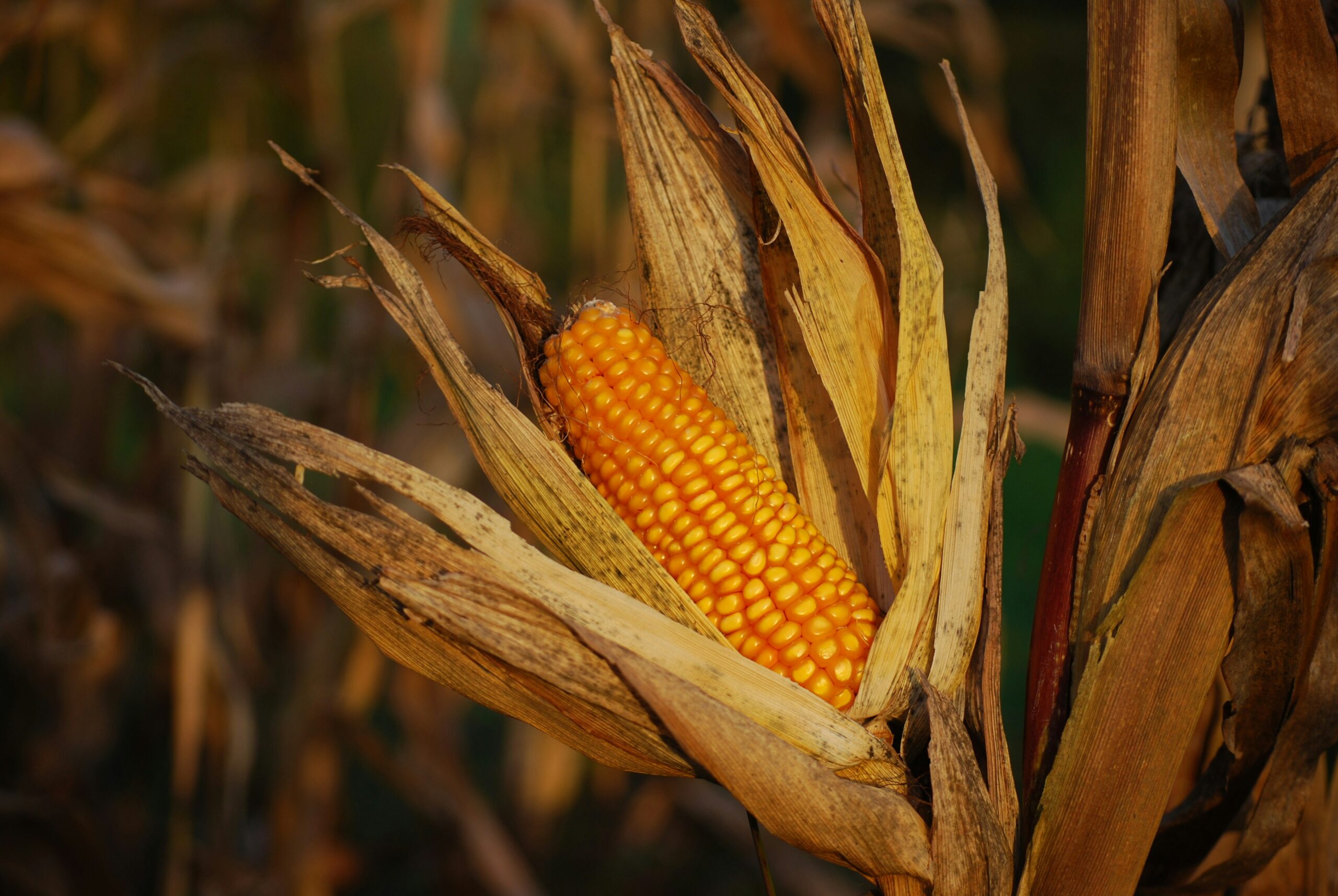
The substance's advantages have meant that corn starch syrup consumption in the United States has increased in recent years. The increase in popularity is also linked to the fact that maize is one of the dominant crops grown in North America.
However, experts warn against excessive consumption of syrup. Statistics show that corn syrup can hurt health and has been linked to several diseases. Corn syrup belongs to the carbohydrate group, meaning that simple carbohydrates and sugars predominate in their composition. Excess fructose in the diet is very harmful, and in addition to this, corn starch syrup can be potentially toxic. Find out more about the production and use of corn syrup. Learn about its strengths and weaknesses.
Corn syrup is a popular product in the United States due to its low cost of cultivation. The syrup production process is multi-step, and every step is crucial to the quality of the product. The initial stage of production uses corn kernels, which are soaked to soften. The kernels are then milled, and their components, such as starch, protein, husks, and oil, are separated.
For the further production of the syrup, the starch extracted from the maize kernels is used. When exposed to heat and active ingredients, the starch from the kernels undergoes a hydrolysis process. This means that the starch from the kernels is broken down into simple sugars, resulting in syrup. The glucose in corn syrup is also modified, resulting in a corn syrup that is predominantly fructose![]() in the final production step.
in the final production step.

The product's higher fructose content is desirable because of its more intense sweet taste, which does not interfere with the flavors of the products for which it is used. The syrup form also allows the substance to remain in solution and is more soluble than different common sweeteners. Corn syrup does not crystallize, making transporting the product easy. Thanks to its hygroscopic properties, the syrup is often used in bakery products as it retains moisture, preventing the products from drying out.
In addition, corn kernel syrup is a natural preservative and, therefore, imparts a long-term shelf life to products. These characteristics make corn starch syrup used in various food products. In the end, maize syrup has a viscous consistency, a neutral taste, a golden color, and a delicate sweet smell.
Corn syrup is used worldwide in a wide range of products. The syrup's properties mean it is used in liquid products such as drinks, sauces, soups, yogurts, and canned fruit. In addition to this, it is also used in baked goods and even in frozen desserts. Corn syrup is versatile and goes with many types of products. Corn starch syrup is used mainly as an ingredient in processed foods![]() . The use of corn syrup reached its highest point in 1999
. The use of corn syrup reached its highest point in 1999![]() and still ranks high among other sweeteners.
and still ranks high among other sweeteners.

Corn syrup does not contain many essential nutrients, but the product lacks vitamins and minerals. Traces of healthy elements can be found in the syrup, but corn should not form the basis of a balanced diet due to its low concentration. In the product, you will find ingredients such as:
However, these values do not exceed 3%![]() of the total product. Corn syrup's primary nutrients are carbohydrates, 76 grams
of the total product. Corn syrup's primary nutrients are carbohydrates, 76 grams![]() per 100 grams of syrup. The product also contains water, which gives it a liquid consistency. Because it is a fructose-based sweetener, corn starch syrup contains a high caloric value. In 100 grams of the product, 281 kcal
per 100 grams of syrup. The product also contains water, which gives it a liquid consistency. Because it is a fructose-based sweetener, corn starch syrup contains a high caloric value. In 100 grams of the product, 281 kcal![]() can be found.
can be found.
In summary, corn syrup is a food full of simple carbohydrates, which is high in calories. People's dietary requirements depend on various factors, but given the general nutritional recommendations, carbohydrates are essential for energy; however, complex carbohydrates, not simple carbohydrates![]() , are a much healthier choice. Corn syrup should not be consumed in large quantities, as excess can harm physiological and metabolic processes.
, are a much healthier choice. Corn syrup should not be consumed in large quantities, as excess can harm physiological and metabolic processes.
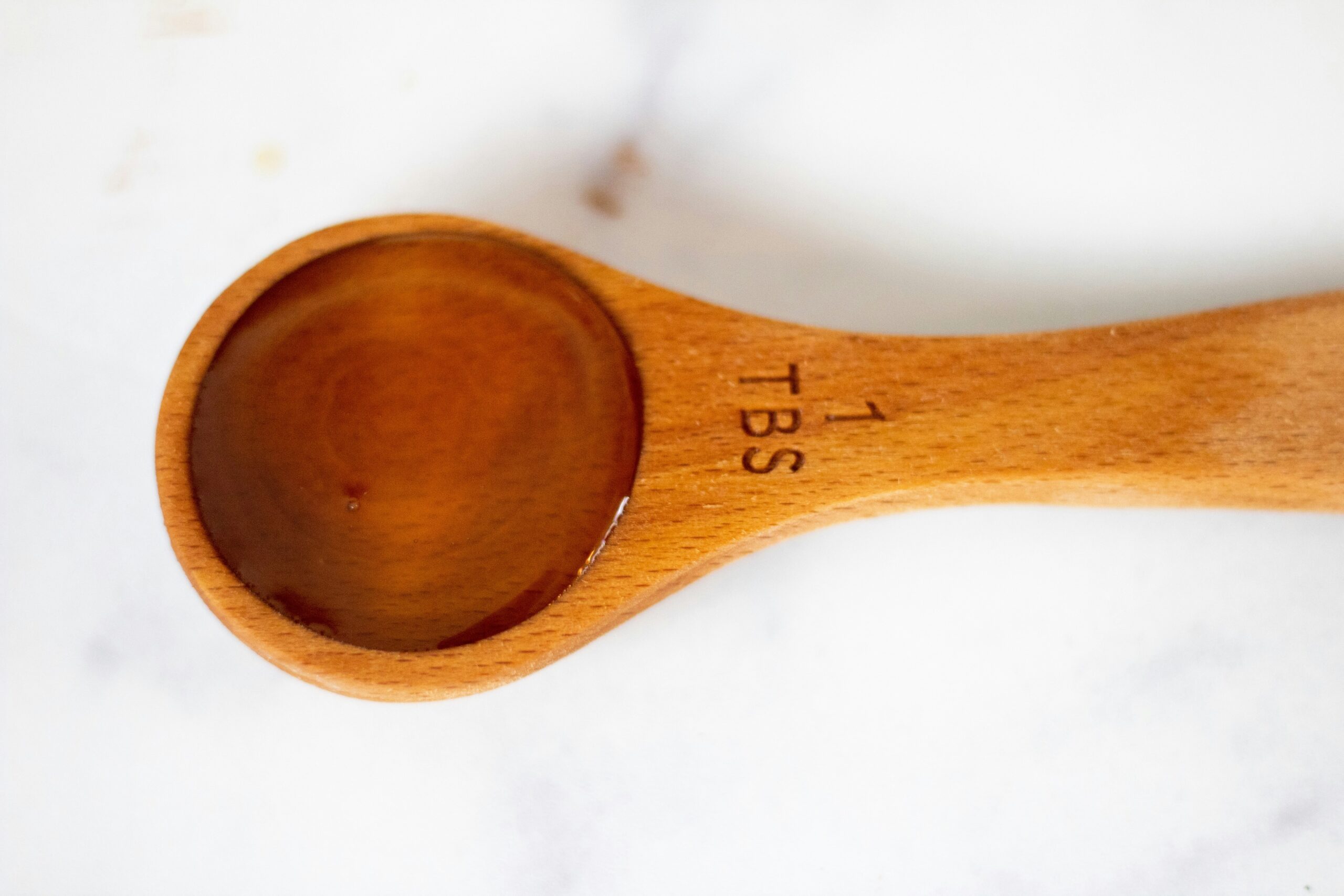
Although corn syrup is cheap, tasty, and easy to use, there are concerns about the safety of this product. Consumption of corn starch syrup can cause various health problems. The first concern is related to the development of several diseases that are closely linked to eating habits. Corn syrup is also a risky product due to the potential toxicity of the substance. In addition, the production and consumption of corn kernel syrup can negatively affect the environment.
Corn syrup is a substance linked to various specific health problems. Several analyses and studies have been carried out, which have shown that the presence of corn starch syrup in the diet is closely linked to diseases. The data obtained from the studies indicate that the increased consumption of corn syrup in recent years influences the increased incidence of the following ailments:
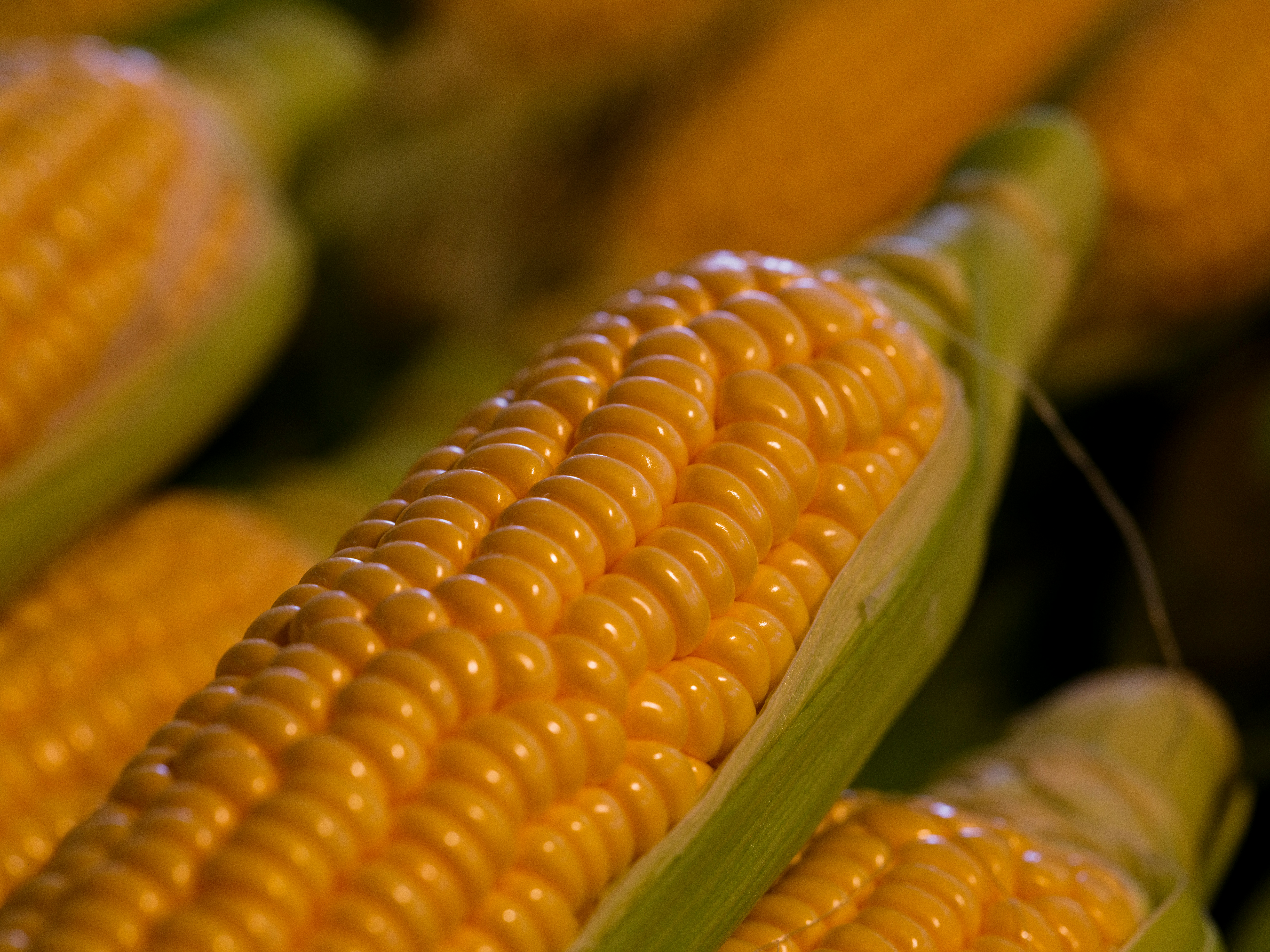
Above-normal body weight is a significant public health problem worldwide. Some experts indicate that increased consumption of corn syrup causes obesity due to its high-calorie content and lack of physical activity in the populations studied. However, more recent studies by scientific organizations such as the American Dietetic Association![]() have shown that corn starch syrup may have a more detrimental effect on body weight than different sweeteners.
have shown that corn starch syrup may have a more detrimental effect on body weight than different sweeteners.
Corn syrup is produced by a glycosidic bond between fructose and glucose, contributing to its harmful properties. The fructose base of the syrup makes processes such as digestion, absorption, and metabolism complex. Besides, leptin![]() levels do not increase when fructose is consumed but remain low. It causes the consumption of glucose syrup to not activate the feeling of satiety. In contrast, insufficient amounts of leptin in patients are associated with their tendency towards weight gain.
levels do not increase when fructose is consumed but remain low. It causes the consumption of glucose syrup to not activate the feeling of satiety. In contrast, insufficient amounts of leptin in patients are associated with their tendency towards weight gain.
Cardiovascular diseases are an inclusive group of diseases that have various causes. Experts point out that dietary and lifestyle habits can largely influence the development of many cardiovascular diseases. In this regard, obesity, which is the result of an unhealthy lifestyle with poor eating habits and lack of physical activity, puts patients at greater risk of heart-related diseases. In addition, it has been noted that fructose, the base of corn starch syrup, influences the increased production of triglycerides![]() in the body.
in the body.
The study indicated that fructose drinks affected the lipid profile more than glucose drinks. Triglyceride levels increased immediately after the meal. In contrast, it is worth remembering that high triglycerides are an unfavorable condition for the body, which also increases the likelihood of developing cardiovascular disease. In addition, different studies have noted that fructose found in corn syrup may affect the increase in apolipoprotein B![]() , which may also cause hyperlipidemia and risk of cardiovascular disease.
, which may also cause hyperlipidemia and risk of cardiovascular disease.
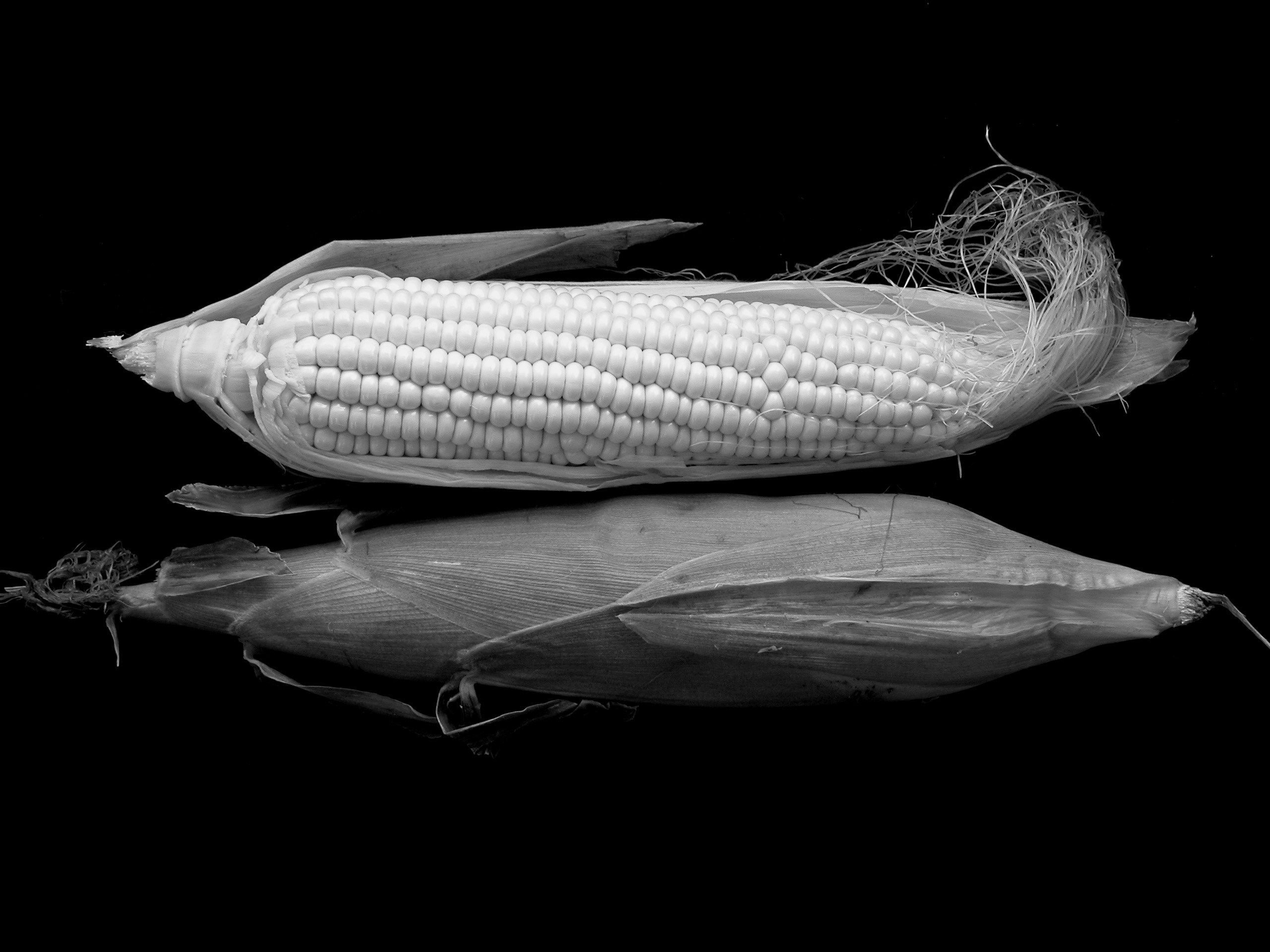
Excess fructose in corn syrup can also cause metabolic syndromes such as diabetes![]() . Metabolic disorders mainly arise from excessive caloricity of the product, weight gain, insulin resistance, and increased protein glycosylation. As mentioned earlier, the processes can lead to the development of type 2 diabetes. Researchers have noted in studies that fructose can modify carbohydrate metabolism in the liver, resulting in increased glycogen synthesis and a reduced glycaemic response in patients with type 2 diabetes.
. Metabolic disorders mainly arise from excessive caloricity of the product, weight gain, insulin resistance, and increased protein glycosylation. As mentioned earlier, the processes can lead to the development of type 2 diabetes. Researchers have noted in studies that fructose can modify carbohydrate metabolism in the liver, resulting in increased glycogen synthesis and a reduced glycaemic response in patients with type 2 diabetes.
Fructose also, unlike glucose, does not affect the release of insulin, causing problems in controlling blood sugar. When the body does not properly produce insulin, metabolic disorders such as diabetes occur. Generally, fructose has a low glycaemic index, so people with diabetes can consume it. However, it does not change the fact that excess fructose is harmful and can lead to the development of diabetes in healthy people.
Corn syrup is a product with many controversies associated with it. One of these is the potential toxicity that results from the syrup production process. In the corn kernel syrup industry, traces of mercury![]() may be present during production. Mercury is an element that is highly harmful to humans, as the intestines cannot absorb the element, and severe complications can occur.
may be present during production. Mercury is an element that is highly harmful to humans, as the intestines cannot absorb the element, and severe complications can occur.
Mercury is a neurological toxin, which means that it affects the nervous system and can cause irreversible consequences. Mercury cells are in the machinery used to make syrup from maize, meaning a small amount can be transferred to the product. The study's results on mercury in corn syrup were not entirely clear, but they should prompt manufacturers of this product to reduce the presence of mercury in the production process.
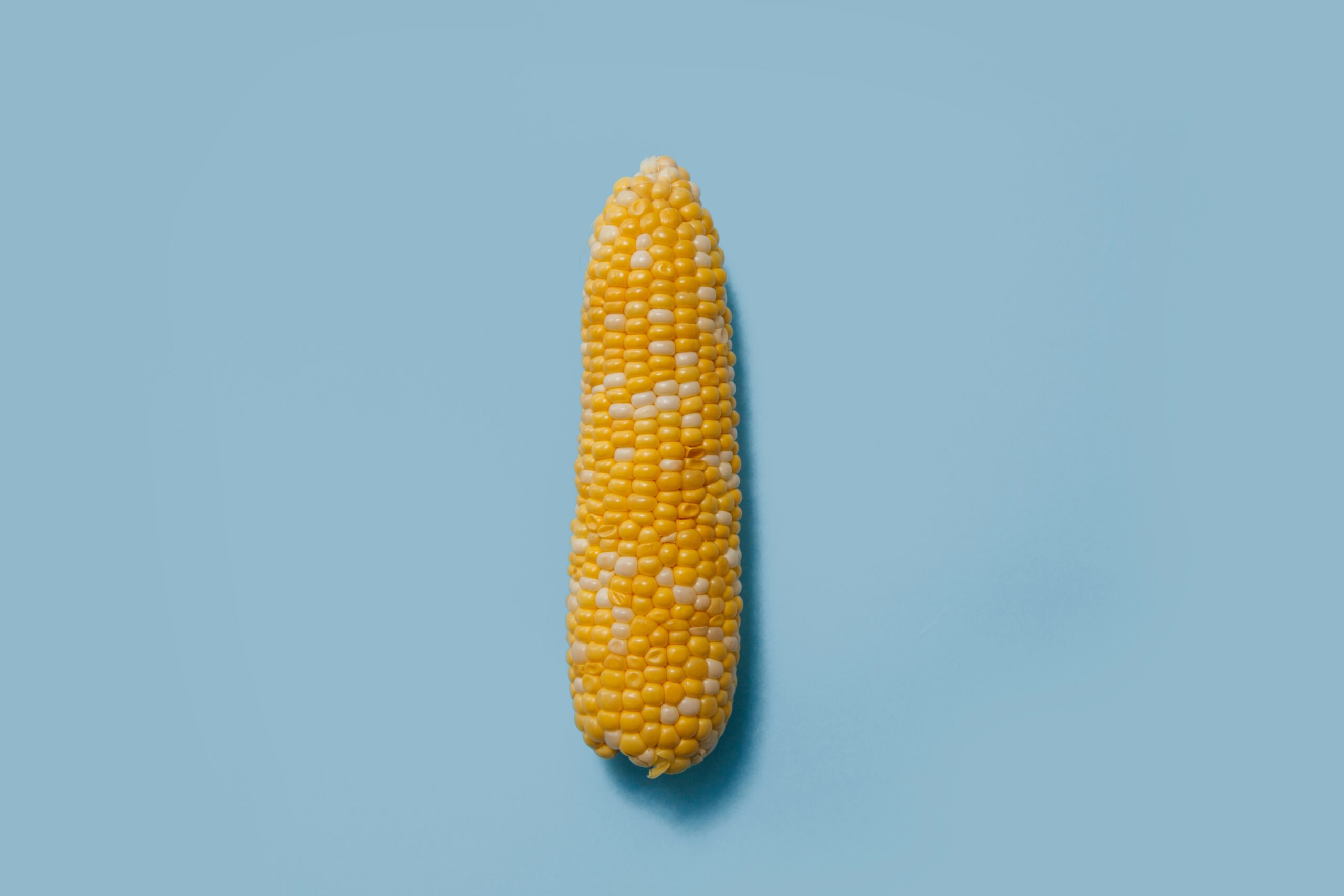
Another problem with corn starch syrup is its production has had adverse environmental effects. Corn syrup factories attract a large number of bees. The sweet taste and smell can attract these insects looking for food. Honey bees have been observed congregating at syrup production and transport sites, feeding on the spills. Beekeepers sometimes use corn syrup to feed insects as an alternative food.
However, fructose-based honey from corn starch syrup may not be allowed for human consumption due to high levels of the HMF![]() component. The dehydration of fructose forms the ingredient, and its high level in honey makes it unsuitable for consumption. Subsequent studies have shown that the HMF by-product can also be toxic to bees, contributing to their extinction.
component. The dehydration of fructose forms the ingredient, and its high level in honey makes it unsuitable for consumption. Subsequent studies have shown that the HMF by-product can also be toxic to bees, contributing to their extinction.
The poisonous ingredient causes infection-like symptoms in the insects. In addition, other syrup by-products, such as formic acid and levulinic acid, are also toxic to bees, further increasing the risk of colony collapse. This relationship was noted in 1971![]() when there was a dramatic decline in the number of wild honey bees in the United States.
when there was a dramatic decline in the number of wild honey bees in the United States.
On the other hand, bees are vital creatures for the environment. The insects can maintain biodiversity and control soil erosion by carrying flower pollen. Therefore, it is important to keep bees safe for the environment's sake.
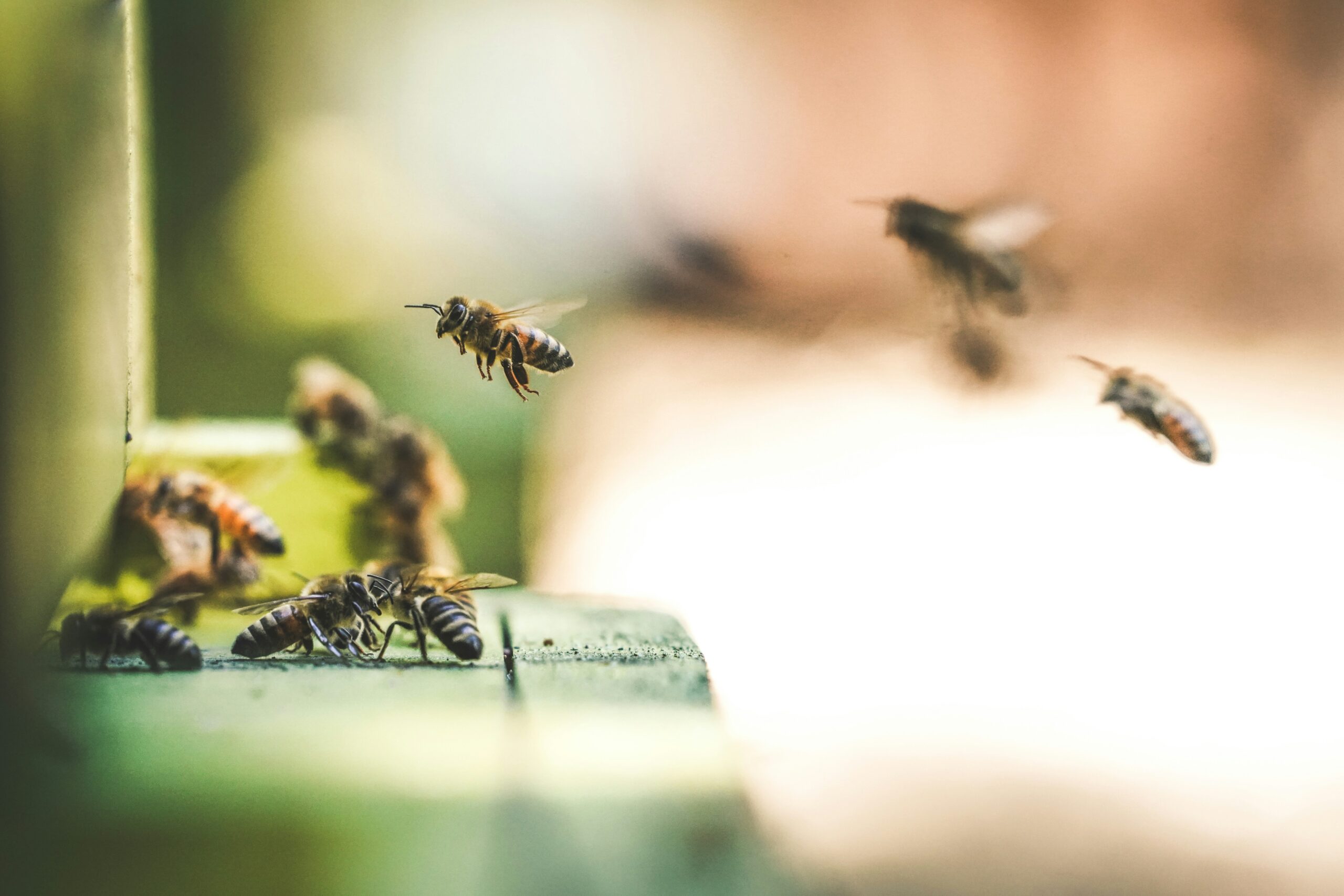
Choosing a suitable sweetener substance is a very important aspect of the diet. People like the sweet taste, and a healthy, balanced diet need not be devoid of this pleasure. However, making more prudent choices on a daily basis can protect your health and prevent many diseases. Many sweeteners differ in their properties. Everybody has advantages and disadvantages, so knowing which sweetener best suits your needs is beneficial.
People who are obese and at risk of heart disease should avoid corn syrup or consume it in minimal quantities. Instead, it is advisable to look for products that contain different sweeteners. Experts recommend natural sweeteners that provide nutrients in addition to a sweet taste. Such sweeteners include honey![]() or agave syrup
or agave syrup![]() .
.
However, for people struggling with diabetes, it may be essential to use a sweetener that does not interfere with blood sugar control. Low-calorie sweeteners include xylitol or stevia![]() , among others. We recommend contacting your doctor first if you want to change your dietary ingredients to healthier ones. A nutrition specialist can match the suitable sweetener to your individual health needs. It is also worth remembering that every substance, regardless of calorie content, can harm the body if consumed excessively.
, among others. We recommend contacting your doctor first if you want to change your dietary ingredients to healthier ones. A nutrition specialist can match the suitable sweetener to your individual health needs. It is also worth remembering that every substance, regardless of calorie content, can harm the body if consumed excessively.
Corn syrup is a liquid sweetener based on fruticose and water. It is made from corn kernels through a complex creation process. Today, cornstarch syrup is a popular ingredient in many products, giving them a neutrally sweet taste. The syrup is mainly found in processed products. The corn substance has specific properties that are beneficial to food manufacturers. Syrup primarily consists of carbohydrates and traces of nutrients.
There is a lot of controversy associated with corn syrup. It can cause various diseases, such as obesity, diabetes, and hypertension. In addition, some experts point out the potential toxicity of the product. The production of corn syrup may also contribute to the extinction of honeybees, which has negative consequences for the environment. Due to the concerns associated with syrup, it is recommended to use it in small quantities and to choose a dietary sweetener accordingly.